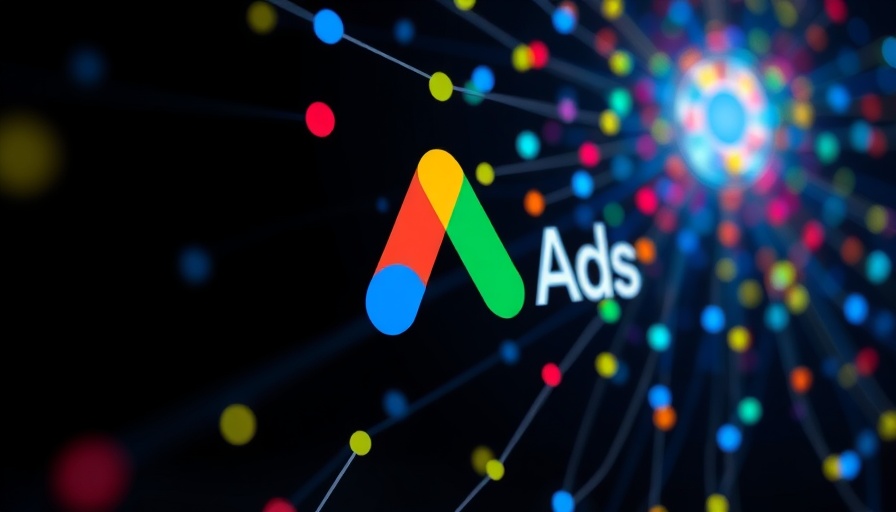
Google Ads Slashes Personalization: What Does It Mean for Marketers?
In a surprising move, Google has made significant changes to its advertising ecosystem, particularly concerning personalization, remarketing, and conversion tracking. This decision has reverberated throughout the digital marketing community, shedding light on the broader implications of data privacy and user consent. For professionals and business owners, this adjustment presents both challenges and opportunities in navigating the evolving landscape of digital advertising.
The Shift Towards Increased Privacy
The shift away from personalized ads marks a broader trend towards enhanced privacy measures, influenced by regulations such as GDPR and CCPA. Marketers must now adapt their strategies to embrace a world where user consent is paramount. This change not only affects how ads are targeted but also fundamentally transforms the decision-making process regarding ad spend allocation.
Understanding the Impact on Remarketing
Google's adjustment to its remarketing capabilities signals a significant shift in how businesses approach customer re-engagement. With the reduction of personalized remarketing, companies may struggle to recapture the interest of users who previously interacted with their website or products. This forces a strategic pivot towards more robust content marketing strategies and organic engagement methods as alternatives to traditional remarketing.
Navigating Conversion Tracking Challenges
Conversion tracking has always provided marketers with crucial insights into the effectiveness of their campaigns. However, the limitations introduced by Google's new approach mean that many businesses will need to rethink their metrics for success. Without clear tracking mechanisms, evaluating return on investment becomes increasingly complex. Marketers may need to invest time and resources into new analytics tools and strategies to ensure effective measurement and optimization of their marketing efforts.
Embracing Data-Driven Marketing in a Consent-First World
As Google refines its approach to advertising, the idea of data-driven marketing must now incorporate a consent-first framework. Marketers must enhance their focus on first-party data strategies while ensuring transparency in their data collection processes. Utilizing tools like customer data platforms (CDPs) can help gather actionable insights without compromising user trust.
Looking Ahead: The Future of Google Ads
The most pressing question for marketers today is: What will Google Ads look like in the coming years? With AI and machine learning transforming the digital marketing landscape, the emphasis may shift towards more automated and efficient advertising solutions that still comply with privacy norms. Staying ahead of these trends requires marketers to continually educate themselves about the latest changes in both technology and legislation.
Key Takeaways and Actionable Insights
In light of these developments, it is crucial for marketers to reevaluate their strategies related to personalization, remarketing, and conversion tracking. Here are some actionable insights:
- Invest in Awareness: Educate your audience about how their data will be used and ensure transparency in your marketing practices.
- Focus on Organic Engagement: Leverage content marketing methods to build relationships with your audience without relying solely on paid ads.
- Utilize Advanced Analytics: Explore new analytics tools that will help you adapt to the changing metrics of success in the absence of traditional conversion tracking.
- Prioritize Customer Consent: Develop clear policies on data collection and lead with user consent to foster trust and loyalty.
As the digital landscape evolves, the changes in Google Ads underscore the necessity for agility and adaptability in marketing strategies. By aligning business practices with consumer expectations around privacy, marketers can not only maintain compliance but also enhance customer loyalty and engagement.
 Add Row
Add Row  Add
Add 




Write A Comment